Georgia Tech’s College of Engineering consistently produces articles, content, and videos highlighting our students, staff, faculty, and research. This includes stories about artificial intelligence, robots, engineering systems, space exploration and rockets, medical advances, and more.
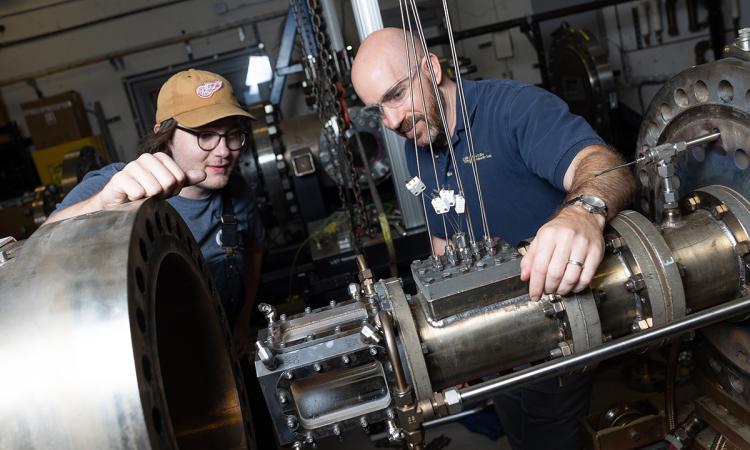
State to Invest $88M in New Aerospace Building
The investment will propel building plans forward and advance Georgia’s growing aerospace sector.
The investment will propel building plans forward and advance Georgia’s growing aerospace sector.
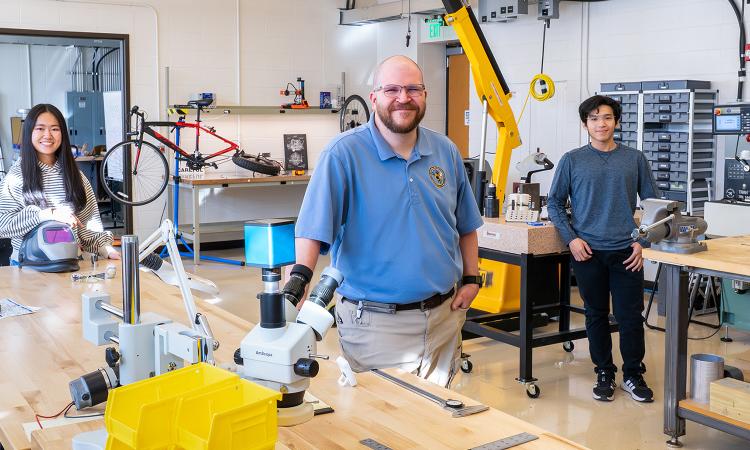
ECE Introduces Dedicated Mechanical Shop
Created to meet the needs of projects where electrical and mechanical performance are tightly coupled, the resource gives ECE students and researchers the tools and guidance needed to navigate challenges with confidence.
Created to meet the needs of projects where electrical and mechanical performance are tightly coupled, the resource gives ECE students and researchers the tools and guidance needed to navigate challenges with confidence.
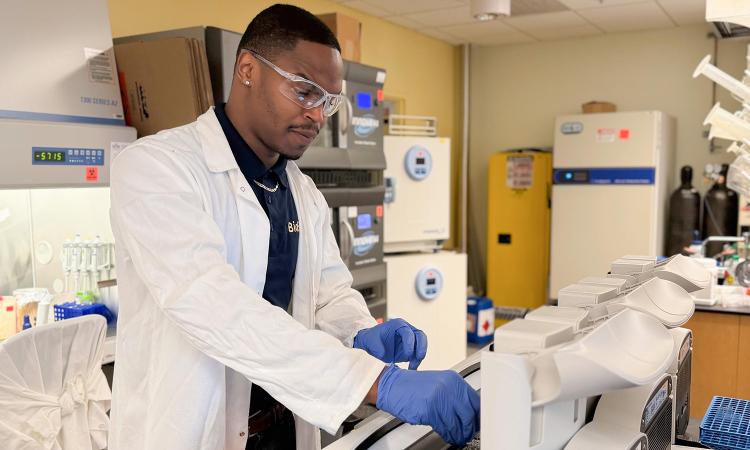
Proving the Hypothesis
For Kendreze Holland, the idea of making it to college — let alone earning an advanced degree — was a hypothesis. Now he's the first Project ENGAGES scholar to earn a doctorate.
For Kendreze Holland, the idea of making it to college — let alone earning an advanced degree — was a hypothesis. Now he's the first Project ENGAGES scholar to earn a doctorate.
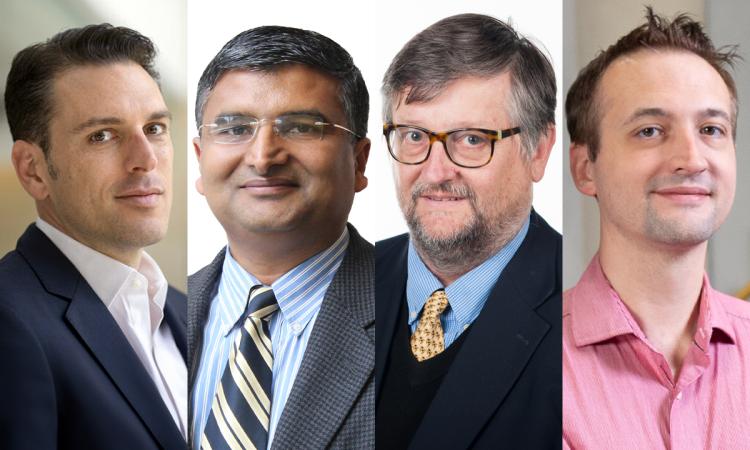
NAI Senior Members Class of 2026 Includes 4 Tech Engineers
The researchers are recognized for patenting technologies, licensing intellectual property, and commercializing work with real-world impact.
The researchers are recognized for patenting technologies, licensing intellectual property, and commercializing work with real-world impact.

The Delta Air Lines Foundation Makes $5M Commitment for New Aerospace Engineering Building
The new facility will elevate the nation’s No. 1 public aerospace program, fuel Georgia’s economy, and accelerate innovation across the aviation industry.
The new facility will elevate the nation’s No. 1 public aerospace program, fuel Georgia’s economy, and accelerate innovation across the aviation industry.
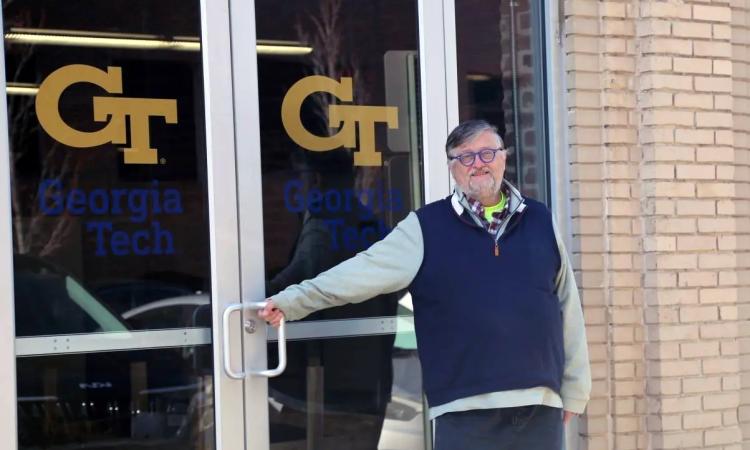
Geosynthetic Research Hub Moves to Georgia Tech
The Geosynthetic Institute's relocation to Atlanta will open new opportunities for students and researchers in a growing field.
The Geosynthetic Institute's relocation to Atlanta will open new opportunities for students and researchers in a growing field.
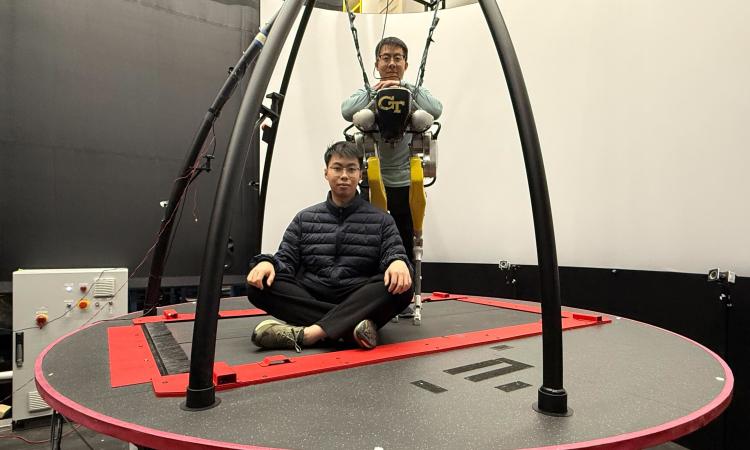
Humanoid Robots Make Strides Toward Stable Walking
ME researchers have created a first-of-its-kind strategy that gives two-legged robots a clear set of rules for reacting when something changes in its path.
ME researchers have created a first-of-its-kind strategy that gives two-legged robots a clear set of rules for reacting when something changes in its path.
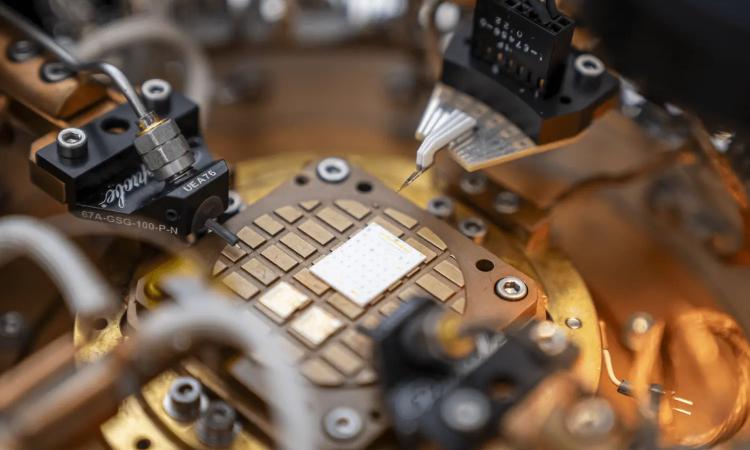
The Challenges and Opportunities of Technology in the Cold
In labs chilled to 4 kelvins (-450 degrees) and on expeditions to polar regions, Georgia Tech scientists are discovering how extreme cold simultaneously challenges and advances technology in computing, space exploration, and the interpretation of Earth’s natural signals.
In labs chilled to 4 kelvins (-450 degrees) and on expeditions to polar regions, Georgia Tech scientists are discovering how extreme cold simultaneously challenges and advances technology in computing, space exploration, and the interpretation of Earth’s natural signals.
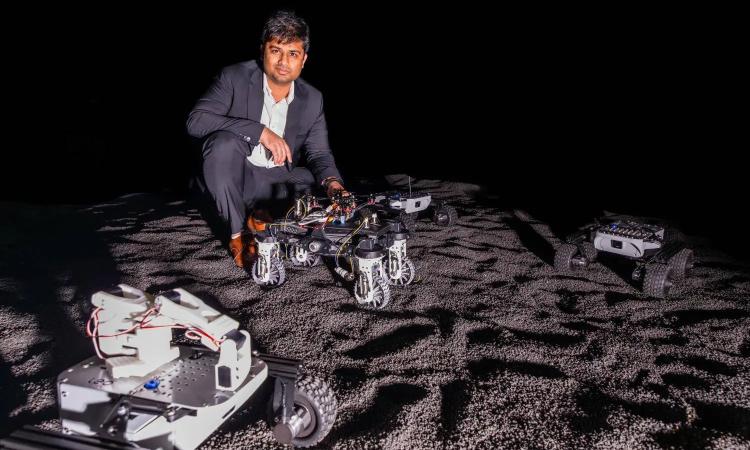
Aerospace Lab Simulates the Moon to Advance Space Robotics Research
Yashwanth Nakka has recreated the moon’s difficult terrain to help next-gen space robots work together, explore, and build on the lunar surface.
Yashwanth Nakka has recreated the moon’s difficult terrain to help next-gen space robots work together, explore, and build on the lunar surface.
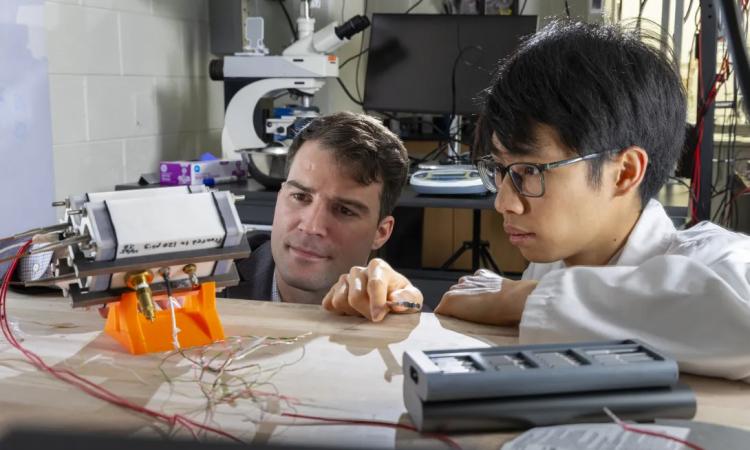
Georgia Tech Among the Top 20 Universities Worldwide for US Utility Patents
The National Academy of Inventors ranked Tech No. 19 internationally and No. 13 nationally for U.S. utility patents granted in 2025.
The National Academy of Inventors ranked Tech No. 19 internationally and No. 13 nationally for U.S. utility patents granted in 2025.

Together at Tech
From lifelong best friends to 20-year marriages, Georgia Tech is the setting for love of all sorts.
From lifelong best friends to 20-year marriages, Georgia Tech is the setting for love of all sorts.
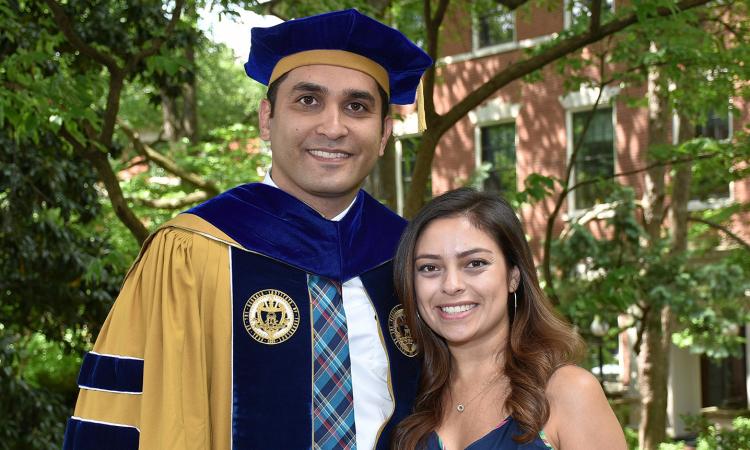
From Lab Partners to Life Partners: A Woodruff School Love Story
Former mechanical engineering lab mates prove it's possible to recover from a bad first impression.
Former mechanical engineering lab mates prove it's possible to recover from a bad first impression.

National Academy of Engineering Elects David McDowell
ME, MSE professor emeritus is recognized for his computational work modeling metal alloys and designing materials.
ME, MSE professor emeritus is recognized for his computational work modeling metal alloys and designing materials.
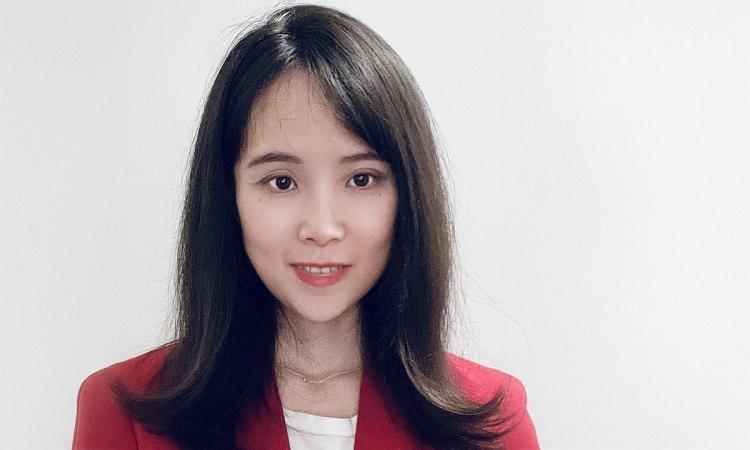
Yao Xie Named One of the National Academies' New Voices
As one of 20 researchers in the new cohort, the ISyE professor joins a network of emerging STEM leaders to expand the expertise of the Academies and contribute to their work addressing critical national and global challenges.
As one of 20 researchers in the new cohort, the ISyE professor joins a network of emerging STEM leaders to expand the expertise of the Academies and contribute to their work addressing critical national and global challenges.
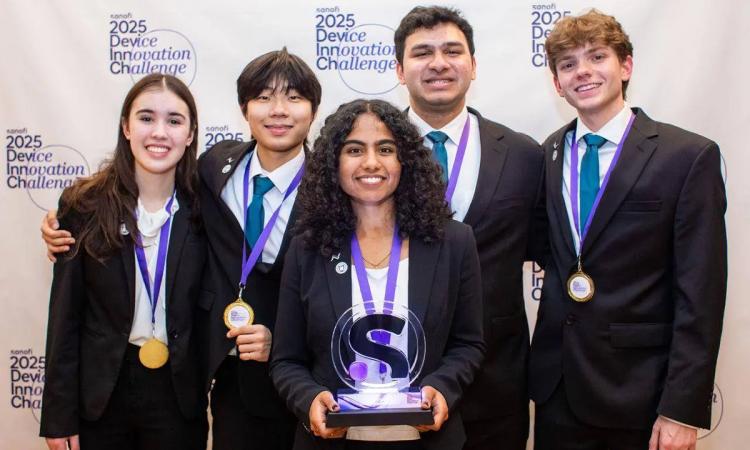
Engineering Undergrads Win $1M Device Innovation Challenge
The group of AE, BME, and ChBE students beat out teams of grad students and postdocs with their idea for an adaptive on-body drug injector that tailors dosing, delivery, and pain relief to each patient in real time.
The group of AE, BME, and ChBE students beat out teams of grad students and postdocs with their idea for an adaptive on-body drug injector that tailors dosing, delivery, and pain relief to each patient in real time.
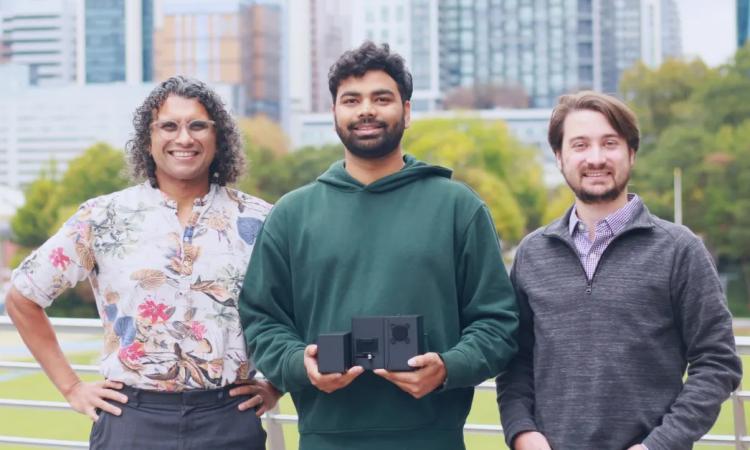
CEE Researchers Commercialize Portable Technology for Fast Water and Environmental Monitoring
Skopii helps water utilities, environmental teams, and industry partners quickly understand the microorganisms present in samples without waiting for complex, time-consuming lab tests.
Skopii helps water utilities, environmental teams, and industry partners quickly understand the microorganisms present in samples without waiting for complex, time-consuming lab tests.
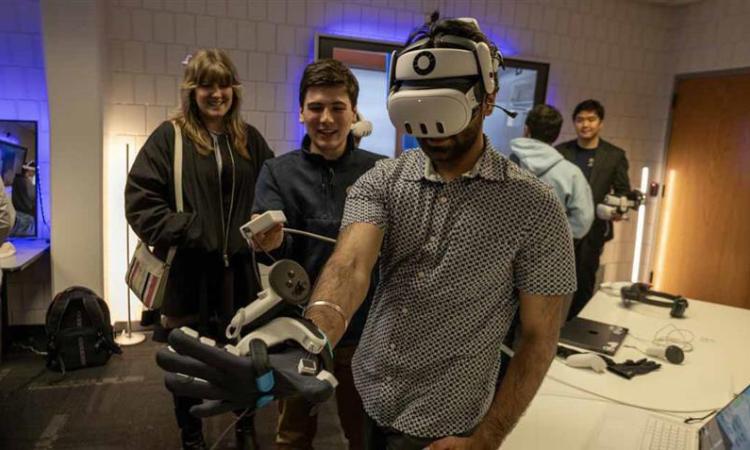
New Makerspace Opens Doors to Extended Reality
Based in ISyE, the XR Makerspace allows the Georgia Tech community to use the latest tools and high-performance computing power to blend the physical and virtual worlds for research, education, and real-world problem solving.
Based in ISyE, the XR Makerspace allows the Georgia Tech community to use the latest tools and high-performance computing power to blend the physical and virtual worlds for research, education, and real-world problem solving.
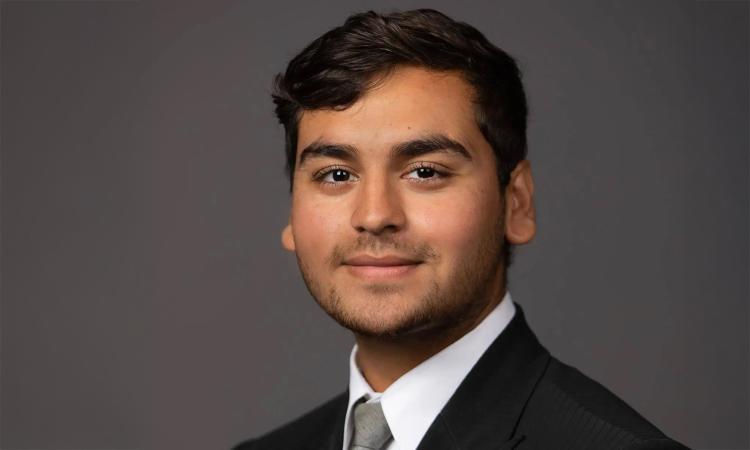
Maaz Dossa Named to Aviation Week’s 20 Twenties
The magazine recognized the aerospace engineering student for his potential to reshape aerospace, aviation, and defense.
The magazine recognized the aerospace engineering student for his potential to reshape aerospace, aviation, and defense.

Researchers Warn AI ‘Blind Spot’ Could Allow Attackers to Hijack Self-Driving Vehicles
A newly discovered vulnerability could allow cyber criminals to silently hijack the AI systems in self-driving cars, raising concerns about the security of autonomous systems increasingly used on public roads.
A newly discovered vulnerability could allow cyber criminals to silently hijack the AI systems in self-driving cars, raising concerns about the security of autonomous systems increasingly used on public roads.
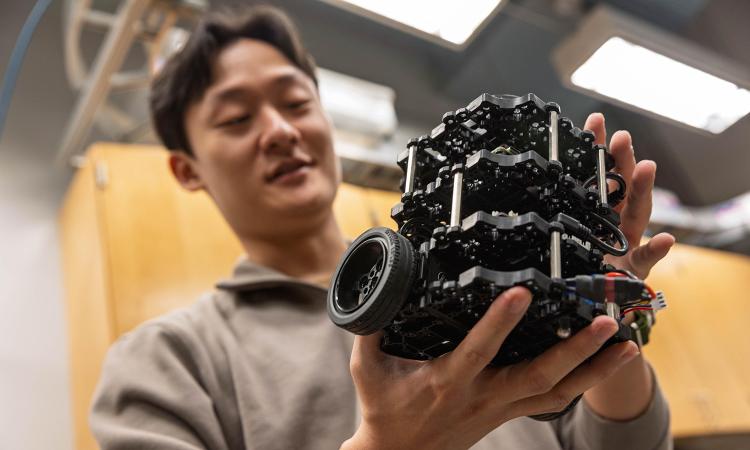
Researchers Expose Hidden Cybersecurity Risk in Mobile Robots
Mechanical engineer Jun Ueda has demonstrated that an undetectable cyberattack is surprisingly easy to execute, making the robot behave incorrectly while convincing the controller everything is fine.
Mechanical engineer Jun Ueda has demonstrated that an undetectable cyberattack is surprisingly easy to execute, making the robot behave incorrectly while convincing the controller everything is fine.
Pagination
- Current page 1
- Next page